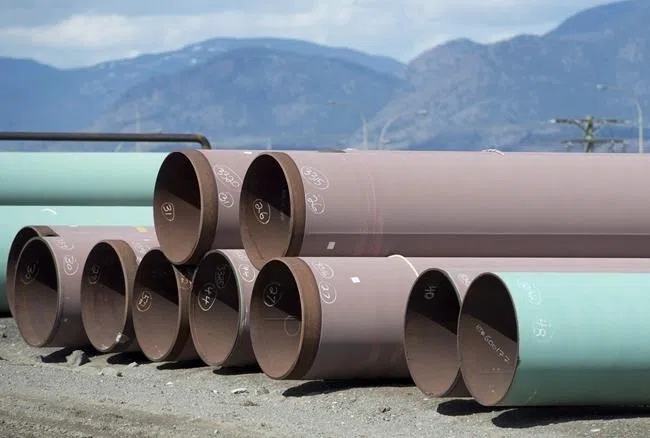
‘A warrior by heart:’ Indigenous people enlisted to monitor pipelines
CALGARY — Gerald Scott’s perspective has shifted since he spent 10 days on the Standing Rock Sioux reservation in North Dakota which — until early last year — was the site of months of high-profile protests against the Dakota Access oil pipeline.
Scott, who is from the Swan Lake First Nation in Manitoba, wanted to take a stand against what he saw as trampling of Indigenous rights.
“I’m a warrior by nature. I’m a warrior by heart.”
Scott has since focused his fight on making pipelines safer. More than a year after Standing Rock, he was one of 60 Indigenous people from Western Canada to complete a three-week pipeline monitoring program at SAIT Polytechnic in Calgary.
